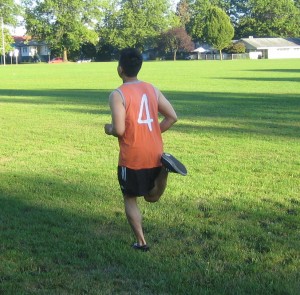Hypoglycemia can be managed at home. It is vital that you are familiar on how to properly care for the condition at home and how it is managed medically.
Self-care at home
Always bear in mind that a glucose monitor is used to check the blood sugar level while at home.
- The testing for the blood sugar level involves poking the fingertip or the forearm to get a drop of blood.
- The blood is transferred to a special strip of paper that is inserted into the glucose meter which analyzes the blood. This meter provides a numeric reading that corresponds to the blood glucose level.
In case an individual develops symptoms of hypoglycemia, you should check for cues that explains the symptoms:

- If there is a recently disposed needle, you can assume that a change in the level of consciousness might be due to hypoglycemia. The individual might have taken too much insulin accidentally.
- If the individual is still awake enough to drink, provide a cup of orange juice or water that contains table sugar. In case hypoglycemia is the cause, it is expected to improve within 5-10 minutes.
Treatment for hypoglycemia
If medical care is needed, it usually includes intravenous glucose or a glucagon injection that is administered into the muscle.
Prevention
Prevention is ideally done with the proper use of diabetic medications, regular meal time schedules and proper nutrition.
- Carefully select the right size of syringe when administering insulin.
- Avoid consuming more than the prescribed dosage of medications. Doubling or excess use of the medications can lead to a serious case of hypoglycemia.
- Eat on time and avoid skipping meals.
- Keep track of the foods eaten in relation to the frequency of exercise the individual performs. If the individual is diagnosed with diabetes, strenuous exercise without sensible food intake can lead to hypoglycemia. Nevertheless, the individual should not avoid exercise due to the risk for low blood sugar levels. The benefits of exercise outweigh the small risk for a drop in the blood sugar level.
- Avoid excess consumption of alcoholic beverages.
- Always eat adequate amounts of food.
